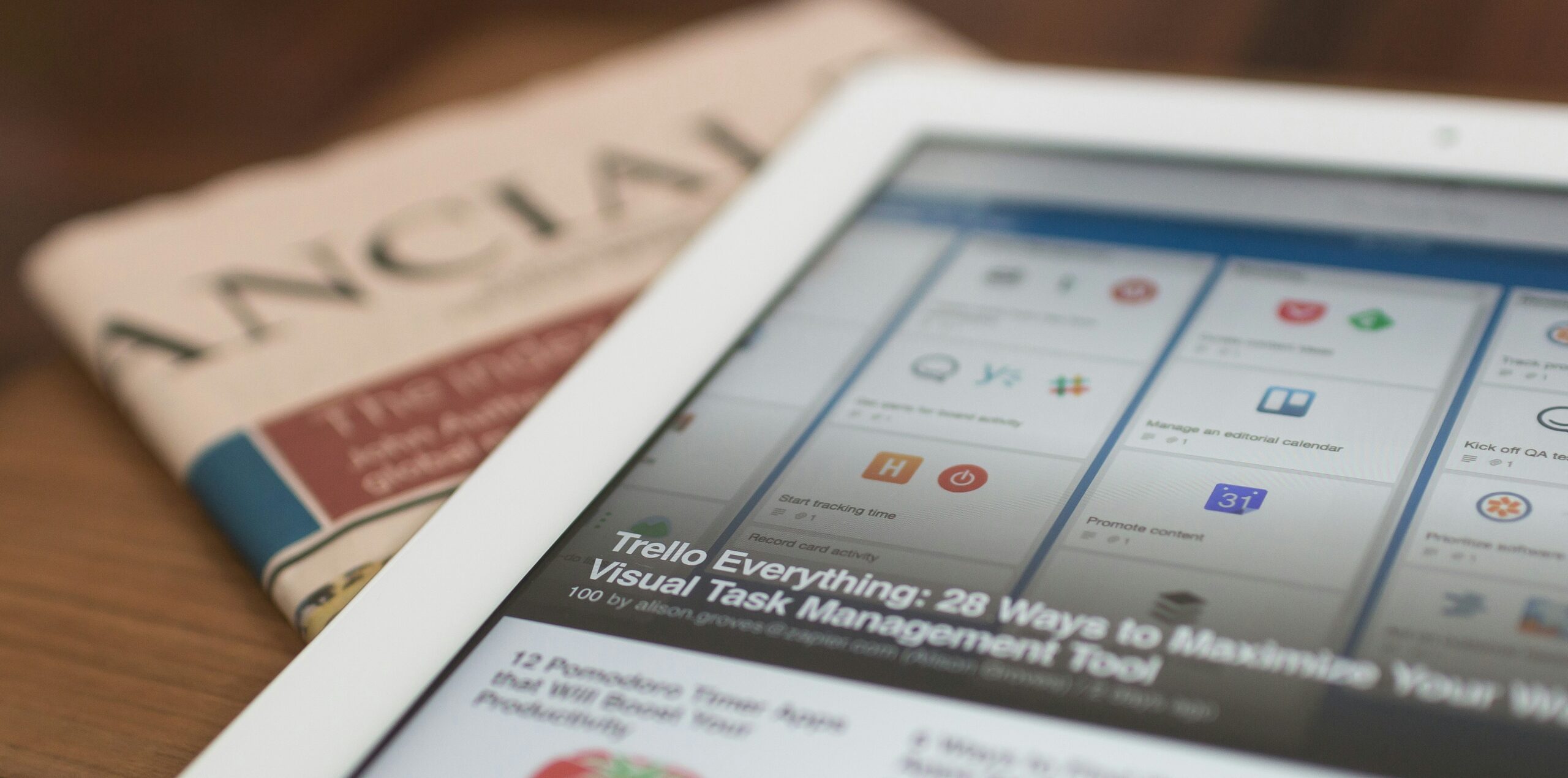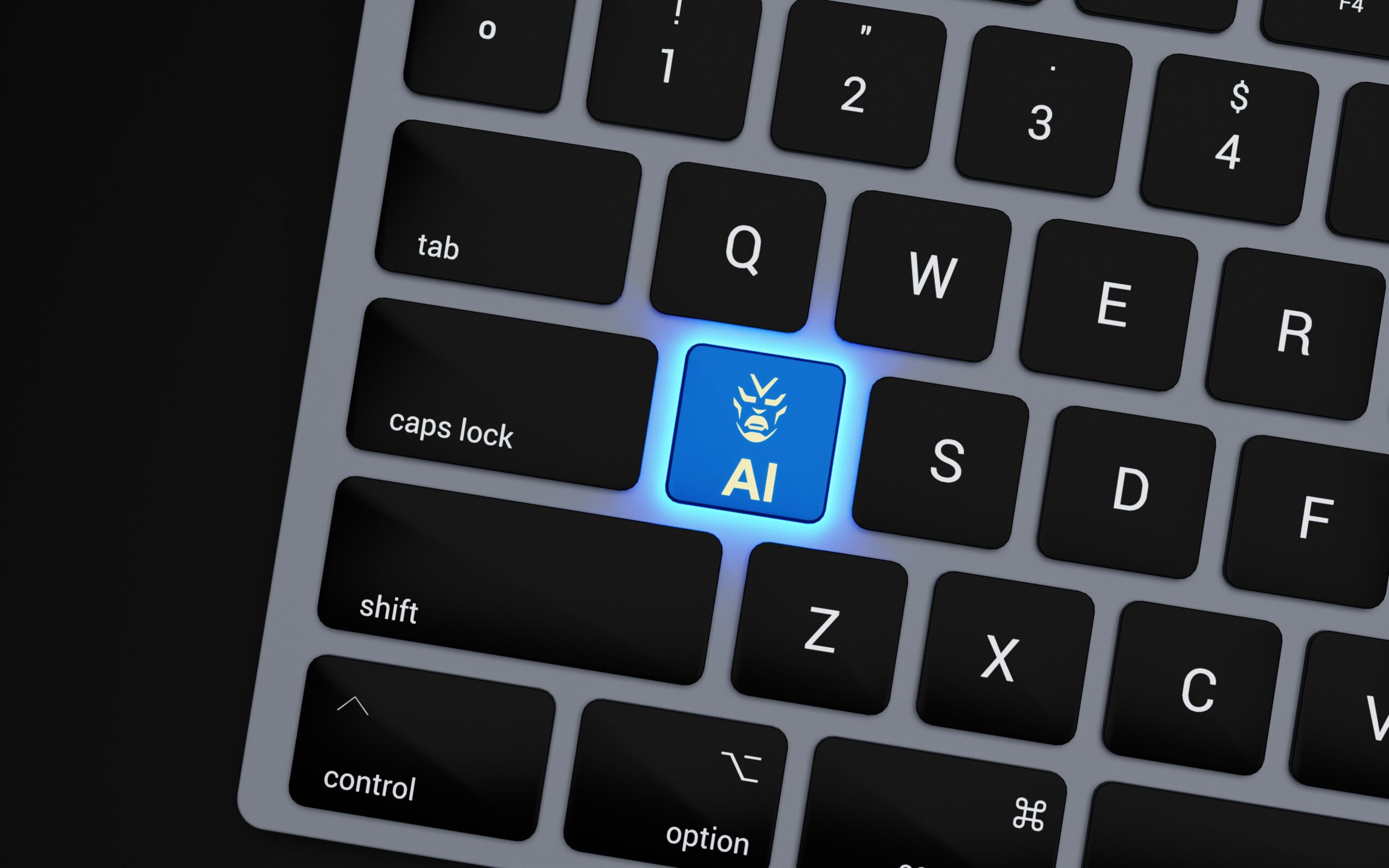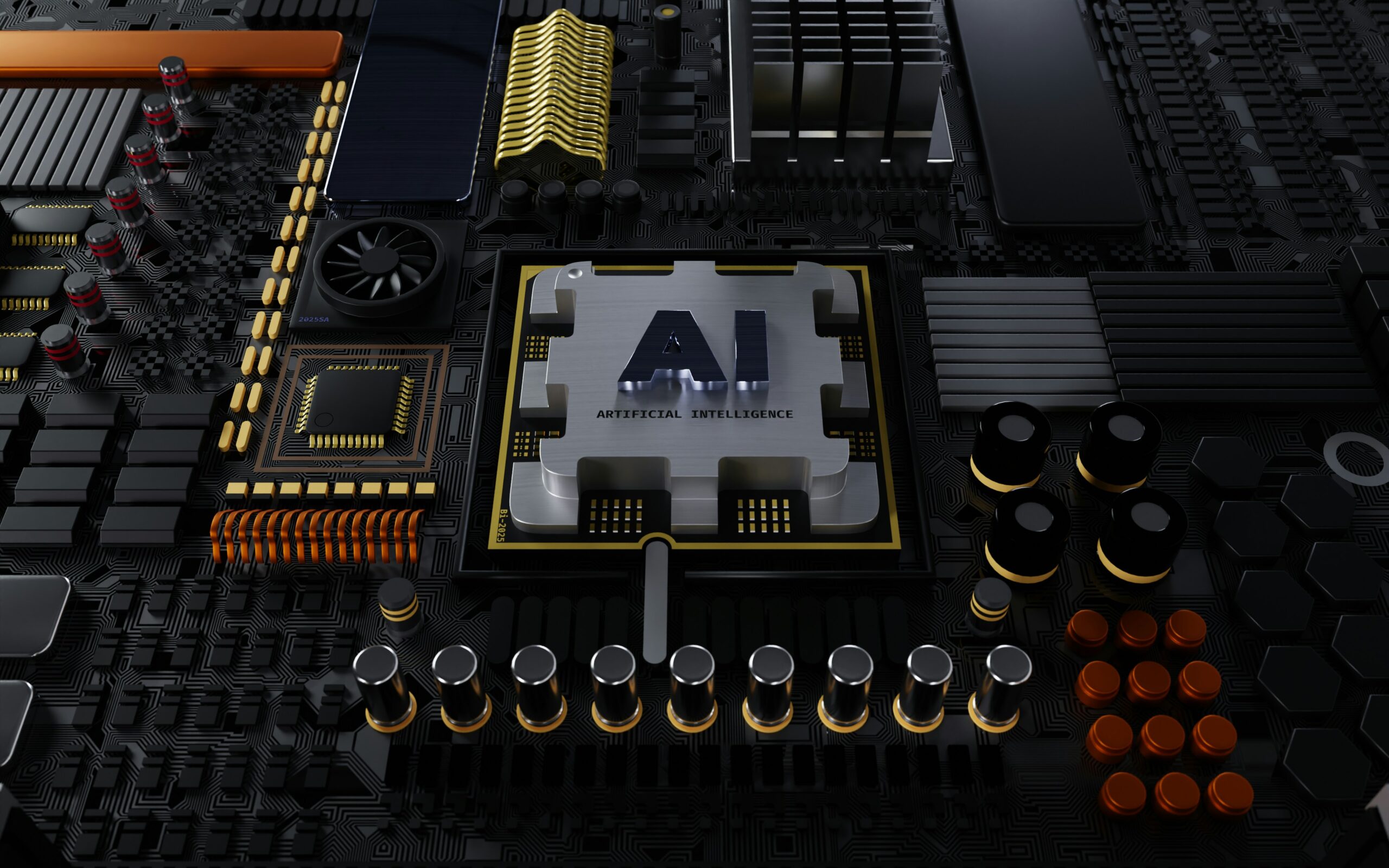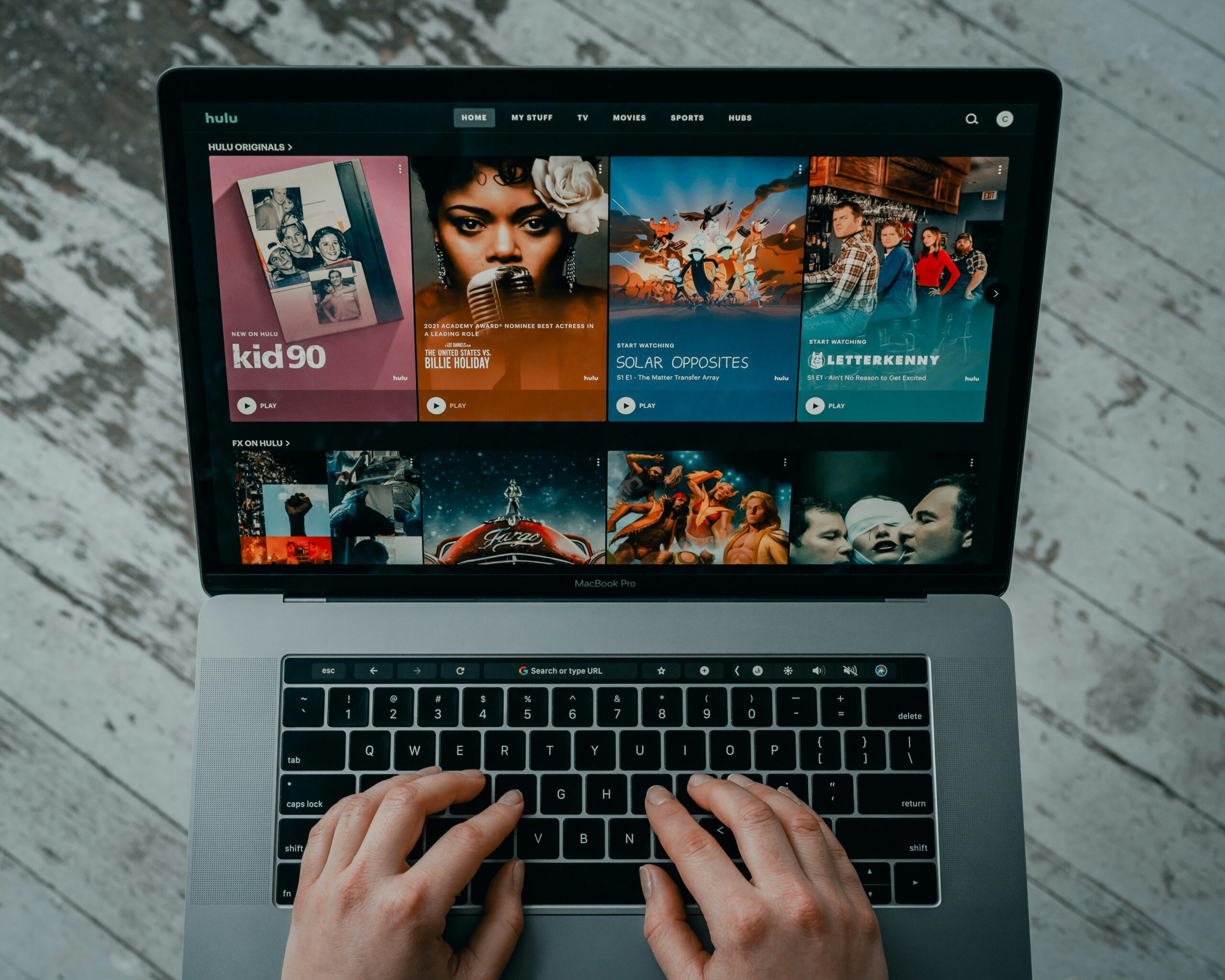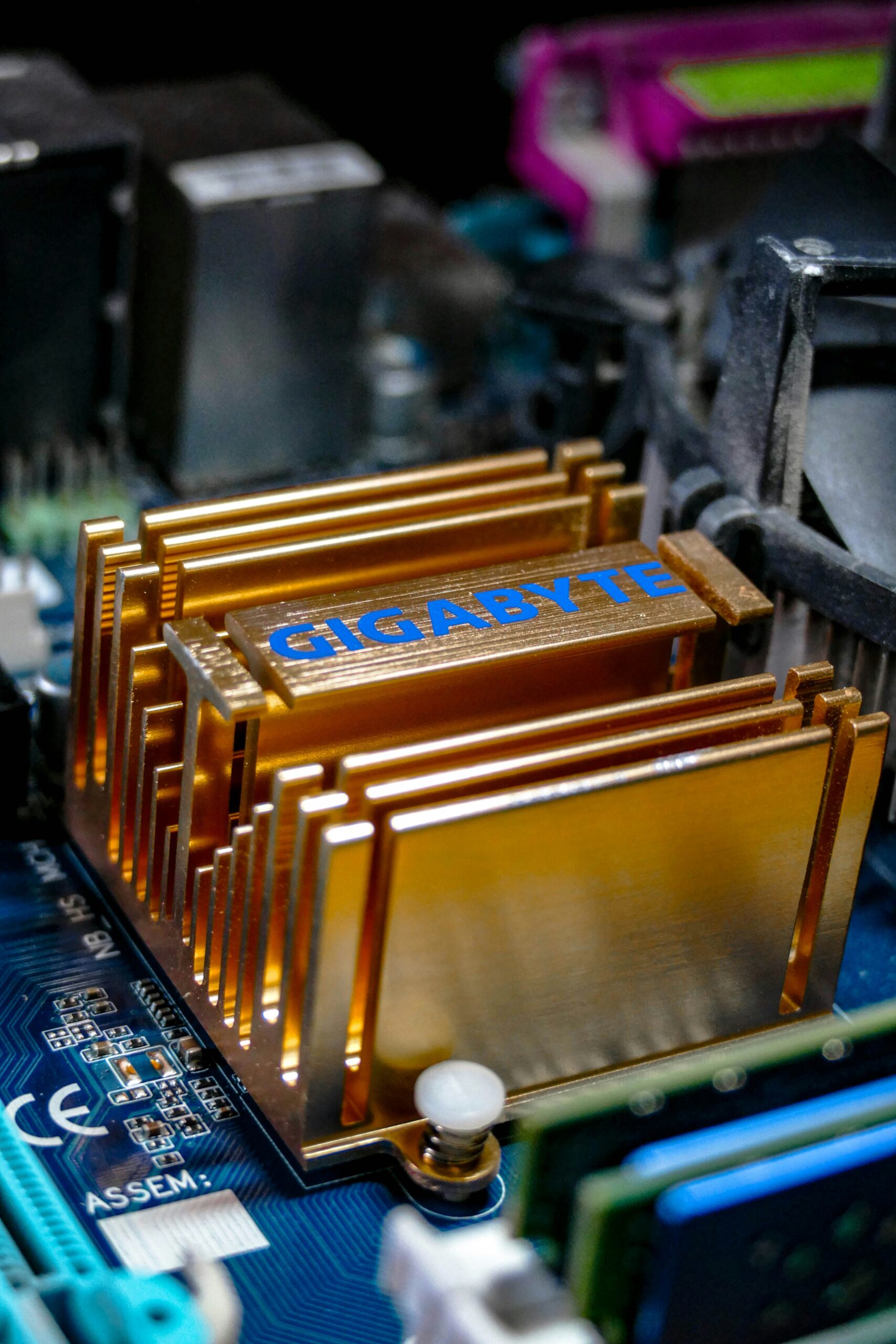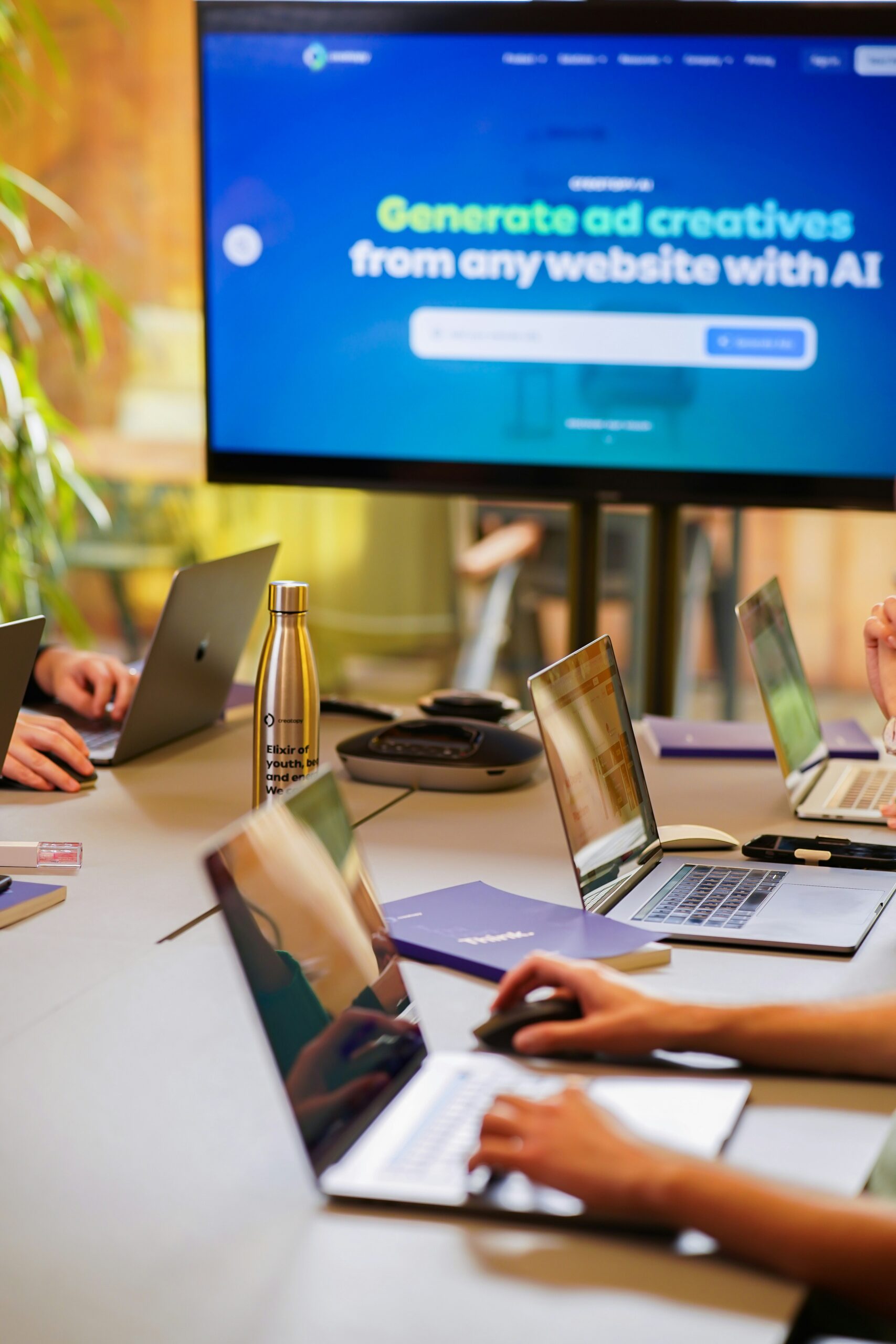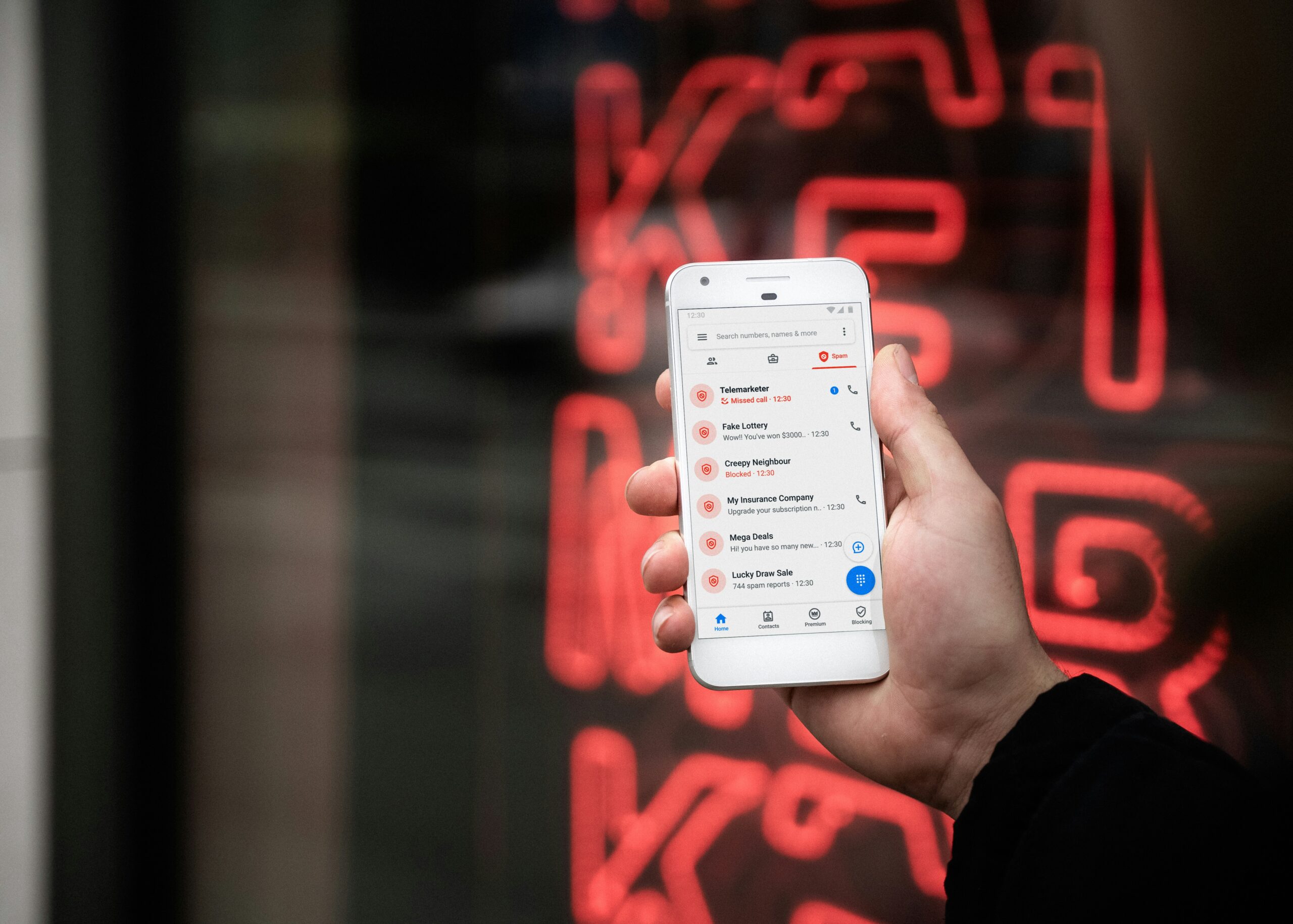Image credit: Pexels
If the goal is organized efficiency, meetings are indispensable to any company or team. They facilitate strategic alignment, promote knowledge sharing, and drive innovation. However, the surge in hybrid and remote work since 2020 has led to a 70% increase in weekly meetings, posing significant challenges in managing time and energy efficiently.
With the increase in meetings, it is critical for organizations to maximize the value derived from each session. Failure to do so not only diminishes employee engagement and productivity but also escalates operational costs. Fortunately, leveraging artificial intelligence (AI) can turn this challenge into an opportunity for businesses.
The Need for Enhanced Meeting Efficiency
Meetings serve as vital platforms for keeping teams informed, aligned, and engaged. However, the valuable insights generated during these sessions often get lost. Team members may forget to record meetings or take notes, leading to the loss of crucial ideas, tasks, and action items. This results in repetitive discussions and wasted time.
AI-powered solutions, particularly generative AI like OpenAI’s ChatGPT, offer a remedy. These advanced technologies can automate tasks such as creating meeting minutes, identifying speakers, and transcribing audio, thereby preserving and capitalizing on the knowledge shared during meetings.
Steps to Integrate AI into Microsoft Teams Meetings
1. Automate Meeting Recording
Automating the recording of meetings ensures that no critical information is missed. AI tools can capture every detail shared during a meeting, from audio transcriptions to screen recordings and meeting minutes. These tools use natural language understanding to grasp the context and meaning behind the conversations, even recognizing slang and jargon. Additionally, they can identify speakers, ensuring clarity on who contributed what.
With AI, companies can also monitor the sentiment during meetings, providing insights into the mood and tone of discussions. This can be instrumental in tracking employee engagement and job satisfaction.
2. Implement Conversational Intelligence
AI-powered meeting minutes and conversational analysis enhance productivity by allowing participants to stay focused on the discussion. These tools can generate comprehensive meeting summaries, outlines, and action items, ensuring that nothing is overlooked.
By using AI, businesses can quickly identify key decisions, questions, and speaker summaries. AI can also highlight critical topics, saving time and making it easier to retrieve important information from notes.
3. Centralize Meeting Insights
Centralizing data from AI-driven meeting analyses prevents the creation of data silos and ensures that all information is accessible to relevant team members. A comprehensive AI solution can store crucial meeting data in a single, secure location, adhering to specific security and access control requirements.
This centralized approach enhances data security and compliance, allowing businesses to leverage powerful search tools to find needed information quickly. Centralized data also facilitates sharing of meeting insights across the organization, improving collaboration and decision-making.
Unlocking Business Intelligence with AI
Innovative companies like AudioCodes are at the forefront of integrating AI into Microsoft Teams meetings. AudioCodes Meeting Insights is an example of a tool that automates the capture of every meeting, using AI to analyze and summarize conversations. This AI system saves content in a centralized environment, making it easily accessible and shareable.
AudioCodes Meeting Insights not only captures internal and external conversations but also transforms them into actionable business intelligence. By placing meeting content at the core of a company’s strategy, businesses can unlock significant value from their Teams meetings.
The integration of AI into Microsoft Teams meetings represents a significant advancement in workplace efficiency. By automating meeting recordings, leveraging conversational intelligence, and centralizing insights, businesses can enhance productivity, engagement, and overall performance. As AI continues to evolve, its role in transforming meetings into valuable business insights will only grow, offering organizations a competitive edge in an increasingly complex work environment.





